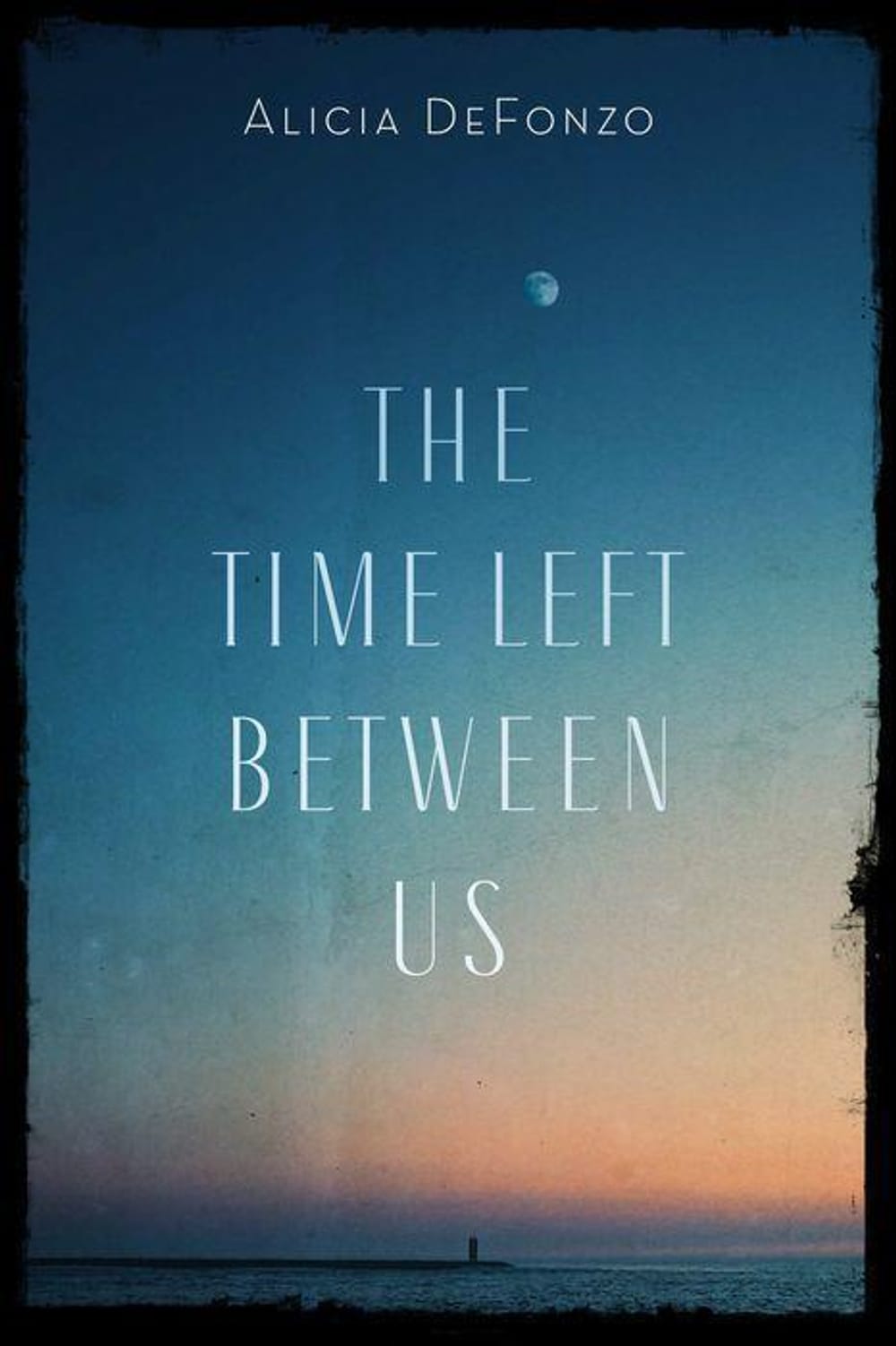Stay in the Loop
BSR publishes on a weekly schedule, with an email newsletter every Wednesday and Thursday morning. There’s no paywall, and subscribing is always free.
War stories, then and now
The Time Left Between Us, by Alicia DeFonzo

The Time Left Between Us is a gripping new book by local author Alicia DeFonzo who documents her grandfather's journey serving in World War II, as well as his own Italian immigrant roots in South Philly. DeFonzo takes us through a parallel perspective of her family’s history, first in her grandfather’s recollection and then in her own journey recounting his tour across Europe.
The legend of Turk
DeFonzo opens the book with a meeting between her and her grandfather, Anthony "Del" DelRossi. We encounter an 84-year-old version of DelRossi, living in the Eastern Shore of Virginia. While he is rich in spirit and thought, it is clear that his low-sodium diet and degenerative vision leaves only so much time to preserve his rich stories of the past.
DeFonzo gracefully introduces another version of her grandfather: Turk, born in South Philly, the burly electrical marksman of the 629th Army Combat Engineers whose black beard resembled the "sultans of the cinema." His expertise in electrical engineering and marksmanship made him an invaluable member in delivering explosives and traps against the Nazi regime.
In addition to learning about DelRossi’s war transformation to Turk, we learn about the inside politics of incompetent commanders, brutal Russian allies, and the trials and tribulations of supporting a long-distance marriage. In doing so, DeFonzo humanizes the interpersonal complications of going to war, perplexing the reader with morality choices that make each chapter thought-provoking.
Generational impact
What ties the family history together are the inflection points DeFonzo makes to her own life. While Turk's stories recalling the war are attention-grabbing, it's the rippling effects of it that explain DeFonzo's present relationships with her family.
Upon learning about her grandfather's military past, she's able to understand her father's disciplinary parenting, her deep and at times challenging relationship with her brothers, as well as her family's strained relationship with her grandmother Rose.
Rather than interweaving these personal revelations with Turk's stories, DeFonzo strategically oscillates chapters in her point of view and Turk’s in a way that gives readers a chance to breathe between scenes. For a few pages, we might be immersed in a historicized account of Turk's battle of Normandy, but then we are transported back to the Normandy beach of today in DeFonzo's eyes. As we enter the scene of Turk liberating concentration camps, we're brought to the camp many years later in DeFonzo's point of view. This dichotomy gave the book a balanced feel of journalistic reporting and oral history.
An enemy diary
When Turk fought in the Battle of Hürtgen Forest, he found a dead Waffen-SS soldier with a diary. Rather than following the protocol of turning in the diary, he decided to keep it.
Years later, when DeFonzo discovers this artifact, she decides to track down the identity of the soldier—a task that unravels complications, similarities, and a riveting subplot to historicize the German perspective of the war. DeFonzo uses this device to broaden her scope, choosing to continuously zoom out to the larger generational ripples that transcend her own family's history.
The identity reveal of the soldier is slow and deliberate, yet DeFonzo's inclusion of the diary digs deeper into the psychological existentialism that Turk faced. It activates the reader's mind into the ethics of war. Is it a soldier's duty to return what is lost? Was the enemy more similar to us than we imagined?
Who will carry the narrative?
DeFonzo's book is deeply personal. A beautiful family history is preserved, all while transporting readers across time dimensions and continents. Philadelphians will especially appreciate DeFonzo's coverage of Turk's Italian immigrant upbringing in South Philly.
The book's greatest strengths lie in its relatability. As generations age and pass, so do their stories. As our world is becoming more militaristically polarized, how do we rationalize a sense of common ground? If nobody is willing to document history, who will carry forward the power of narrative?
What, When, Where
The Time Left Between Us. By Alicia DeFonzo. Lincoln: Potomac Books, 2022. 232 pages, hardcover; $27.85. Get it here.
Sign up for our newsletter
All of the week's new articles, all in one place. Sign up for the free weekly BSR newsletters, and don't miss a conversation.
 Harrison Tsui
Harrison Tsui